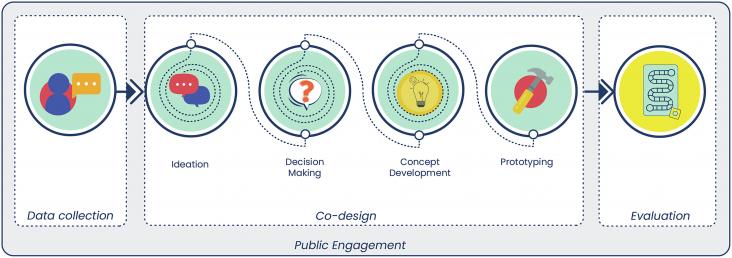This Article supports SDGs 3, 5, and 10 by providing global, regional, and country estimates of physical and sexual violence against women by male intimate partners, calling for investments in multisectoral interventions and a strengthening of the public health response, especially in the face of post-COVID-19 reconstruction efforts, to meet SDG targets.
This papers demonstrates how simple substitutions can be made in individuals’ diets to substantially reduce their carbon and water scarcity footprints without sacrificing dietary quality. Such substitutions may be easier to promote than complex dietary patterns.
An Article in support of SDGs 3, 7, and 13, showing that adopting strict climate policies (the 1·5°C and 2°C targets) and strengthening clean-air policies could achieve major improvements in air quality and substantially reduce the human health effects from air pollution in China.
Background: Among patients with type 2 diabetes, minority racial/ethnic groups have a higher burden of cardiovascular disease, chronic kidney disease, and hypoglycaemia.

Background: In response to a national call for re-evaluation of the use of race in clinical algorithms, the National Kidney Foundation (NKF) and the American Society of Nephrology (ASN) established a
Background: With much of the world's population residing in urban areas, an understanding of air pollution exposures at the city level can inform mitigation approaches.
Background: Road-traffic injuries are a key cause of death and disability in low-income and middle-income countries, but the effect of city characteristics on road-traffic mortality is unknown in thes
Elsevier,
Epigenetics of Stress and Stress Disorders, Volume 31 in Translational Epigenetics, 2022, Pages 137-162
Reviews the literature on the epigenetics of PTSD and interpret findings through the lens of understanding the implications for adverse physical health outcomes. The goal of SDG target is to cover treatment interventions (pharmacological, psychosocial and rehabilitation and aftercare services) for substance use disorders.
This chapter aligns with the SDG goal 3 of good health and wellbeing by summarizing hepatic diseases and inflammation and strategies to treat them.

